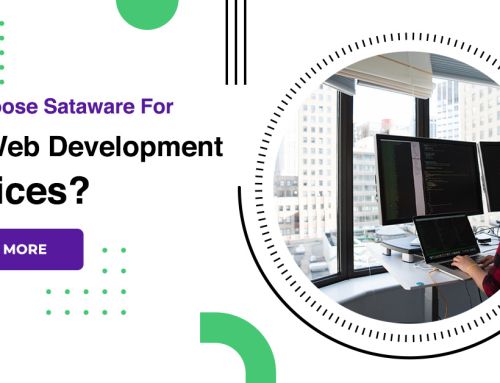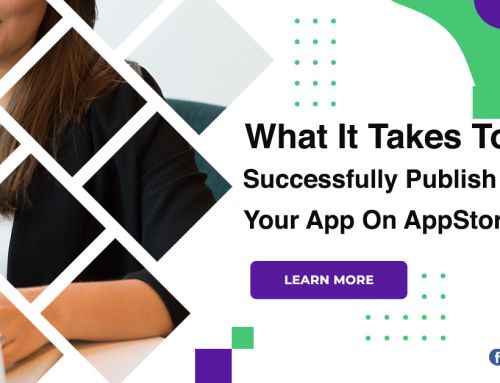10 Steps Roadmap To Successful App Development For Startups
Successful application development is important for every startup. It is all about creating applications that can run on different platforms or operating systems, such as programming software, mobile applications. A mobile app development company will handle the app development best and will have the best app developers to develop your apps. It is advisable to do your research about the Android and iOS app developer you are hiring and the company as their credibility will make your app development successful.
App development for startups
-
Determine the project deliverables
Your deliverables should be clear, measurable and trackable. They should be based on your vision, reflect your strategy and implement your plans. Objectives generally cannot be described in too much detail. Create a layout, list features, functions and key stakeholders, provide examples and references. This will be needed to divide the project into steps and for expert assessment of road mapping by stakeholders.
-
Do more tests
Although it’s tempting to skip rigorous testing when a project is on a tight budget, quality assurance is one of the key elements in developing a successful app. Since app development is so competitive, it is important to perform quality control throughout the development process.
-
Project timeline
While there are thousands of Android devices, there are currently unique iOS devices. This means that when creating an app for Android users, you need to adapt it to a large number of different screens and sizes. So if you’re on a thigh timeline and need your app to launch quickly, then iOS might be your best bet.
-
Simple navigation
Intuitive navigation is a key factor that improves the experience and allows users to stay longer in the app. Simple navigation means minimal clicks and actions, less scrolling, clear menus, high speed and intuitive design, which are major players in user retention.
-
Push notifications
This is a subtle reminder that prompts the user to revisit the app and take some action. These can come in the form of daily updates, discounts and promotions and are a great way to drive interest and improve brand consistency.
-
Keeping the monetization strategy in place
Established companies focus on a great user experience rather than monetization, but as a startup, you don’t have the same advantage.
- Choose a Freemium app model – Initially, it is better to choose a freemium app model because it is an easy appeal for users to download the app. User response will decide whether to upgrade to premium version or not.
- In app purchases – This amazing strategy can turn your app into another sales channel. In order to get paid for clicks, you must see in app ads.
- Subscription – This is similar to the freemium model, but the subscription model offers paid content. Subscription will be the best option if the app is content driven or the app requires a lot of downloads or a higher retention rate.
-
Validating your idea makes all the difference
An idea pops into your head and you want to implement it. Well, that’s a great thing. But wait, there are similar apps available in the app store that were not very successful. Your investment will not bear fruit. And in order to avoid such a situation, thorough market research is necessary. Make sure your idea has a direct marketing connection to your potential end users.
-
Ensure data security
Security is a major concern for app users as cyber-attacks are increasing day by day. There will always be people with malicious intent who will try to steal customer information from your business for their own benefit.
-
Define a strong application strategy
Building an app in a rushed manner without a strong app strategy can lead you to create a less-than-perfect final product. The underlying architecture of the application is critical and deserves close attention. An app strategy can only be considered valuable if it has a well-thought-out business plan at its core.
-
Divide the phases into work streams
Project plans are divided into phases, which consist of workflows. The difference between a workflow and a stage is that workflows run concurrently, while stages run one after the other project phrase where you are developing a one clicks financial report feature for a financial management application. This task will involve several workflows performed by the designer, content manager, developer and QA.
Conclusion
The complete mobile app development plan is no secret. Having identified the roadmaps to success for startup app development, any startup can now go ahead and get one created. It’s important to note that app development for startups is different than that for established businesses.









